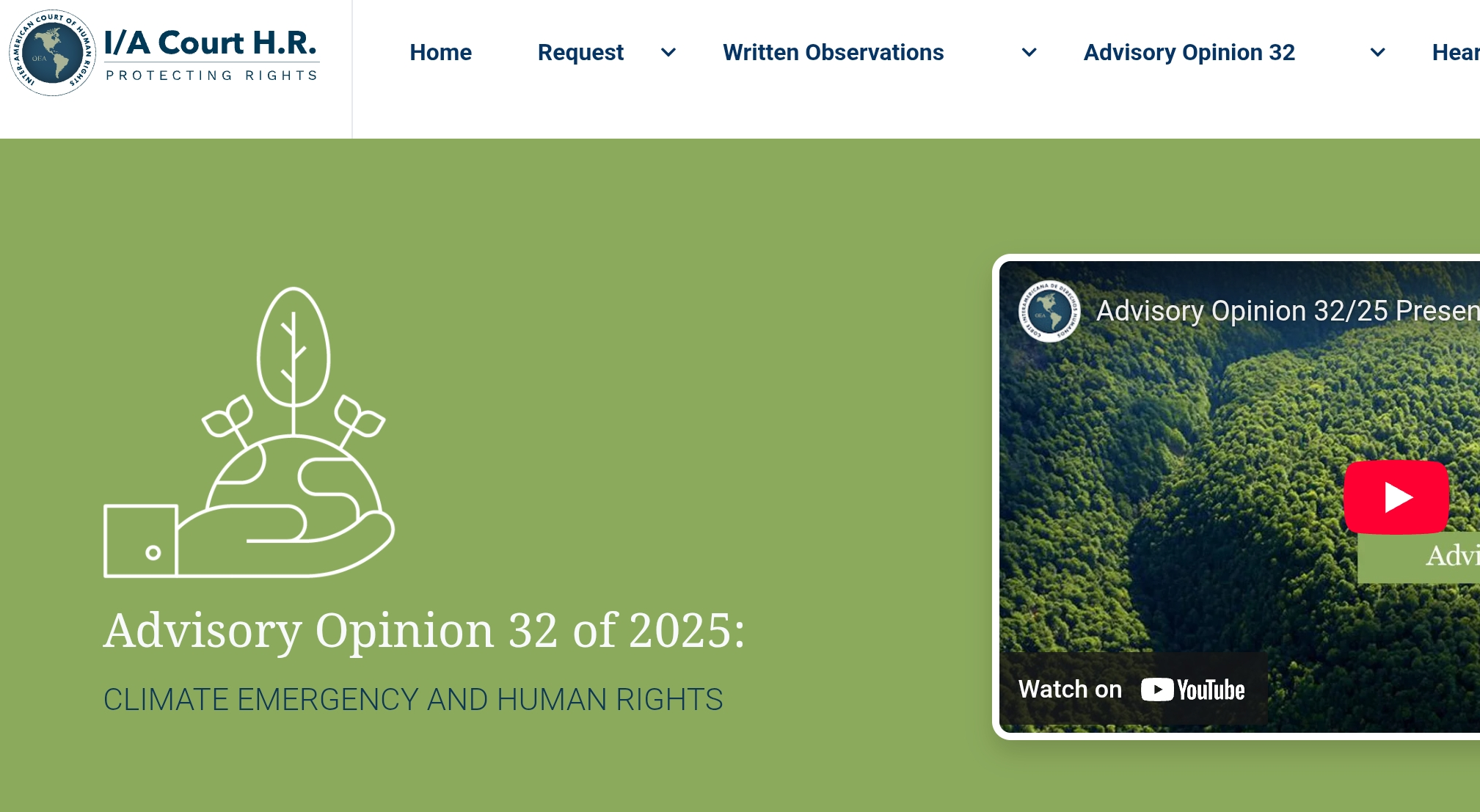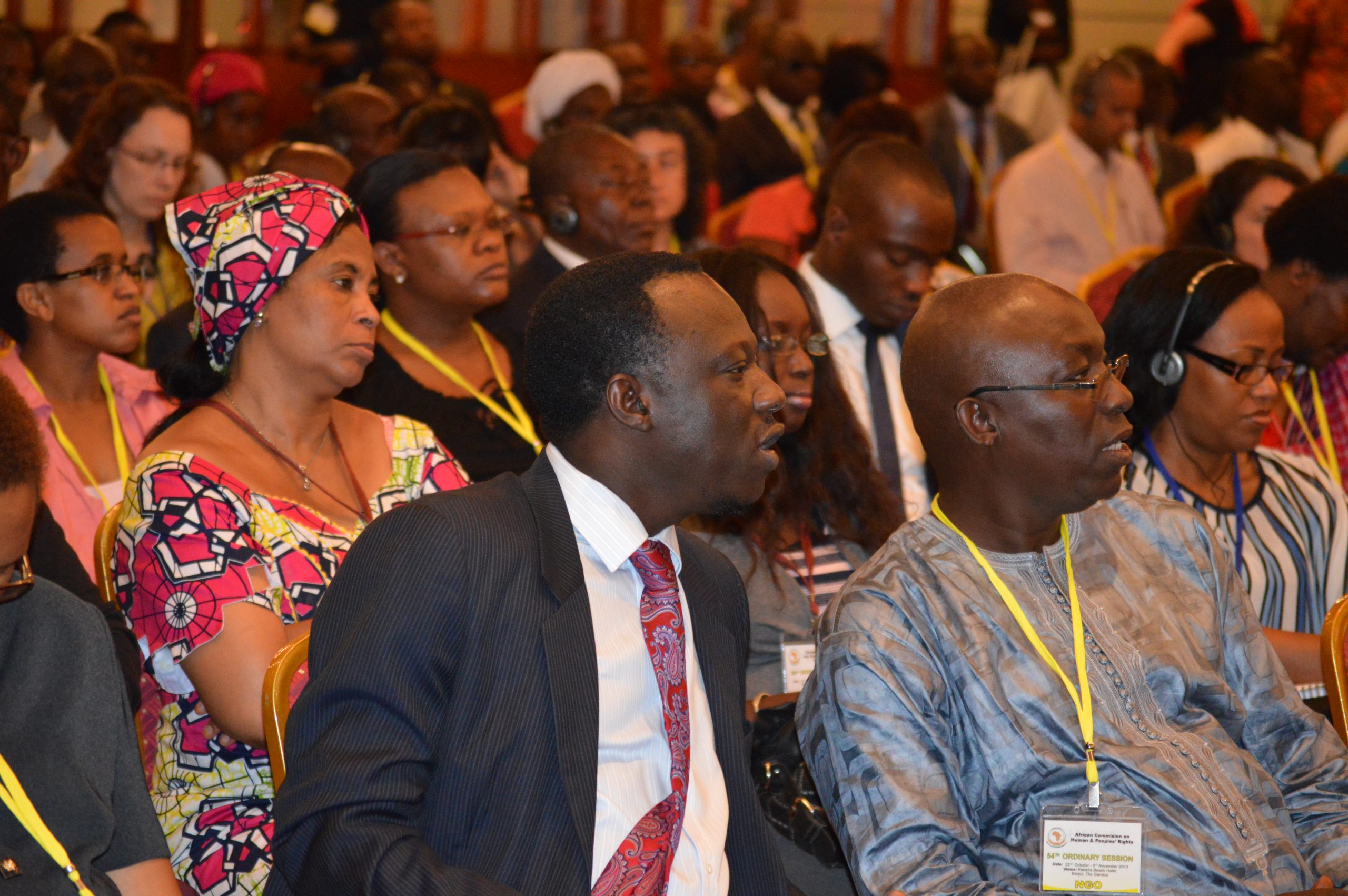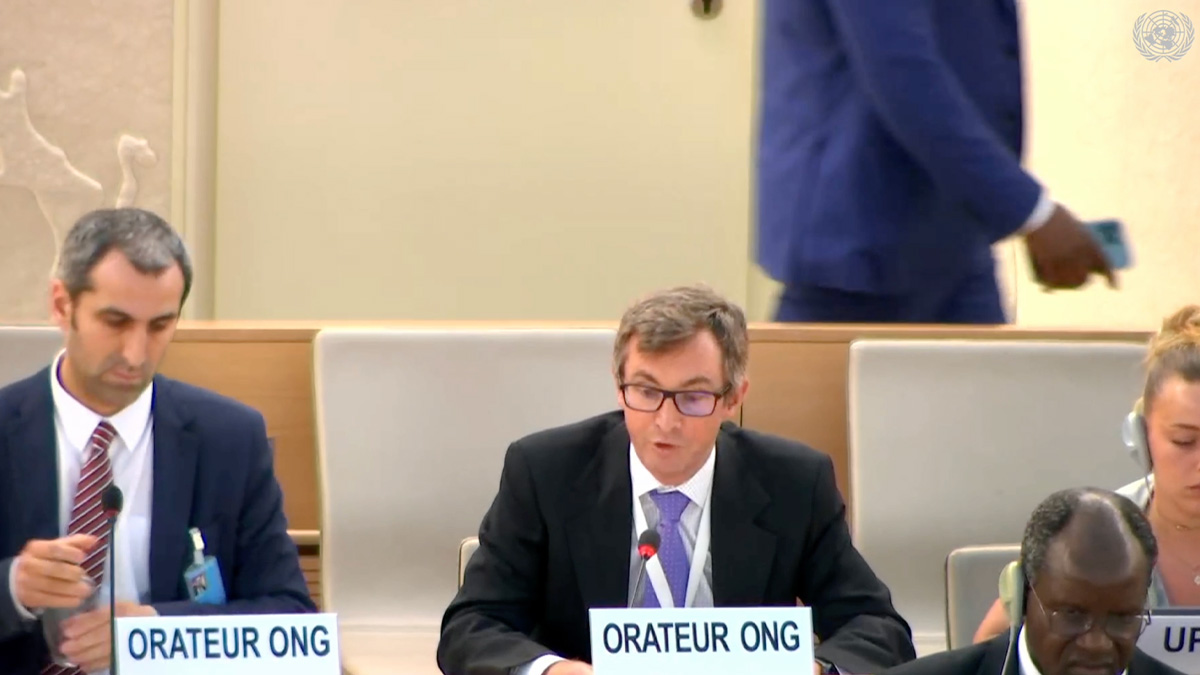The legal recognition and protection of human rights defenders is crucial to ensuring that they can work in a safe, supportive environment and be free from attacks, reprisals and unreasonable legal restrictions. As the former UN Special Rapporteur on Human Rights Defenders wrote in her report to the March 2014 session of the Human Rights Council:
One of the key elements of a safe and enabling environment for defenders is the existence of laws and provisions…that protect, support and empower defenders…The adoption of laws that explicitly guarantee the rights contained in the Declaration on Human Rights Defenders is crucial in that it could contribute to building an enabling environment and give these rights legitimacy.
Despite this, and almost 15 years after its adoption, very few States have acted to incorporate the international Declaration on Human Rights Defenders into national law. Worse still, governments in all regions are increasingly enacting laws which restrict and even criminalise the work of human rights defenders and NGOs.
In response to these gaps and trends, ISHR is working in partnership with key regional, sub-regional and national human rights defender groups from around the world to develop a model national law on human rights defenders and to advocate for its adoption at the international level and its enactment locally.
‘Enacting the rights of human rights defenders in national law would be a significant step towards transforming the international promise of the Declaration on Human Rights Defenders into a national-level reality.’ – Gustavo Gallon, Director of the Colombian Commission of Jurists
The model law will assist States to develop laws, policies and institutions at the national level to support the work of human rights defenders and to protect them from reprisals and attacks. The model law will also serve as a valuable tool for human rights defenders advocating for stronger legal recognition and protection of their important work.
ISHR has already mobilised significant support for this ambitious project from human rights defenders working at national regional and international levels, with the concept being strongly endorsed by human rights defenders attending the African Commission in October 2013, defenders who work on issues of corporate accountability at the November 2013 Peoples’ Forum on Business and Human Rights in Bangkok, and by a meeting of international law experts in Vienna held in June 2013. The project has also harnessed support from progressive States, with Ireland and Liechtenstein pledging financial support, and from the Office of the High Commissioner for Human Rights.
‘To support and protect human rights defenders, parliaments should make the Declaration a national legal instrument in order to facilitate its application by national authorities and to ensure adherence thereto by the judiciary and State authorities.’ – Office of the High Commissioner for Human Rights, Fact Sheet No 29, p. 33
In addition to being called for by human rights defenders, the UN Human Rights Council itself has also spoken on the issue of the need for specific national laws to protect defenders, adopting a landmark resolution in March 2013 which calls on States to amend laws which target or criminalise human rights defenders, including laws which restrict NGO access to foreign sources of funding, which criminalise ‘homosexual propaganda’, or which limit freedom of expression, assembly or association on discriminatory grounds. The Council went further again in September 2013 when it adopted a resolution calling on States to enact specific laws and policies to protect human rights defenders from reprisals.
In 2015, the Special Rapporteur on Human Rights Defenders identified, and several States in the Council endorsed, the need to develop and further strengthen specific legislation on the recognition and protection or human rights defenders. Both Burkina Faso and Sierra Leone stated during their oral interventions that they are consulting civil society on such legislation, while during an ISHR side-event the representative of Tunisia indicated that Tunisia would welcome technical assistance from the Special Rapporteur to draft a national human rights defender law.
The model law project is proceeding through a number of key stages over three years (2014-2016):
- Comparative research across more than 40 States on the existence of – and good practice in relation to – laws, policies and institutions which recognise, protect and support the work of human rights defenders and NGOs. This research, which also identified and documented laws and policies which unduly restrict, hamper or interfere with human rights defenders’ work, was compiled into a major report with 25 concrete recommendations to States as to effective implementation of the Declaaration on Human Rights Defenders at the national level.
- Regional consultations organised by ISHR, in partnership with regional and sub-regional NGOs, to obtain input from national human rights defenders on the scope and content of a model law, together with identification of the types of laws and policies that restrict or hamper their work. These consultations were carried out and are planned in 2014 and 2015, with consultation in Asia having taken place in April 2014, the consultation in Tunisia for the Middle East and North African region in October 2014, the consultation for Eastern Europe and Central Asia in Georgia in November 2014, consultations in Latin America in Colombia and Guatemala in January 2015, and consultations for Africa in Cote d’Ivoire (francophone) and Uganda (anglophone) in May and June of 2015.
- Drafting of a model law by ISHR and pro bono legal experts based on the comparative research and regional consultations, and development of a comprehensive audit of the types of laws and policies requiring review or amendment to ensure that defenders are not unduly hampered or restricted in their work. This stage has commenced with leading international law firm Freshfields Bruckhaus Deringer starting work in early 2015 and producing an advanced and comprehensive draft.
- Refinement and ‘adoption’ of the model law by a meeting of international human rights experts. This stage is planned for May 2016.
- Advocacy efforts at the international level for the UN Human Rights Council to endorse the model law and at the regional level for relevant human rights bodies (such as the African Commission on Human and Peoples’ Rights) to do likewise. This stage is planned for 2016.
- Advocacy efforts at the national level in two or three strategically selected States with a view to enacting the model law in legislation or implementing it in policy. This stage is planned for 2016.
For further information about this project, please contact:




